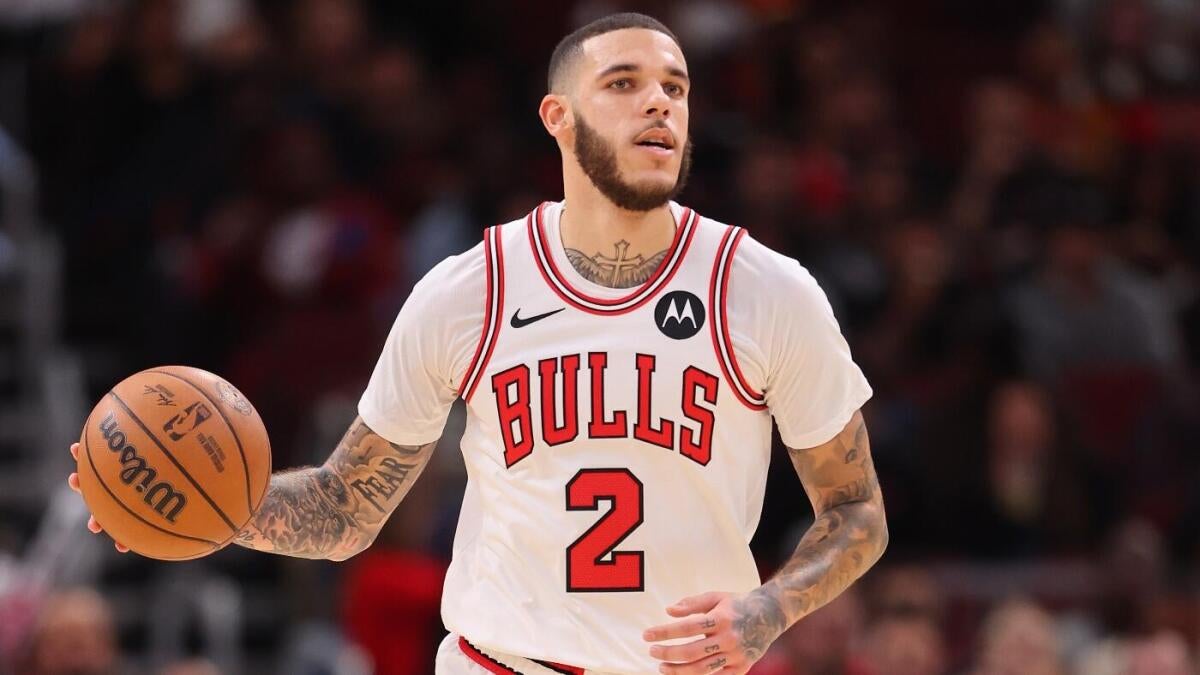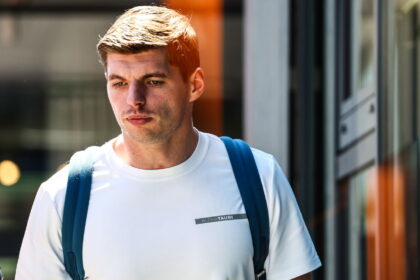Lonzo Ball is set to be traded this Saturday, marking his move to his fourth NBA team since being the second overall pick in the 2017 NBA Draft. After a season plagued by injuries with the Chicago Bulls, he heads to the Cleveland Cavaliers in exchange for Isaac Okoro, a former lottery pick known for his defensive skills and inconsistent shooting.
The Cavaliers, coming off a 64-win season and a disappointing second-round playoff exit to the Indiana Pacers, needed to shake up their roster despite financial challenges related to luxury taxes. The trade aims to address some of these issues by bringing in Ball. Meanwhile, the Bulls plan to become younger and healthier, hoping this move will help improve their 19th-ranked defense from last season. Overall, this trade is worth analyzing carefully.
For Cleveland, this trade earns an A- grade mainly due to Ball’s injury history, which includes missing two full seasons due to knee problems and playing only 35 games last year. There is a risk that Ball may not be fully fit when it counts, and his playing time will need to be managed carefully. However, Cleveland had a similar situation with Ty Jerome last season, who, despite injuries, played effectively as a sixth man. Jerome is likely to leave in free agency, so Ball is expected to fill that role while also saving the team some money. Ball earns $10 million this year compared to Okoro’s $11 million, with future salary guarantees favoring the Cavaliers financially.
On the court, Ball offers strong defense and excels in transition play, providing a new dynamic to a Cavaliers team that ranked poorly in fast break points and passing last season. While Okoro was a reliable wing defender, his offensive struggles were evident, and this trade shifts more defensive duty onto players like De’andre Hunter and Max Strus. Cleveland also hopes Dean Wade can step up defensively at a championship level, provided he stays healthy.
Despite health concerns, Ball’s role in a strong 64-win team is manageable, and Cleveland continues to be a top contender in the Eastern Conference with Boston and Indiana as their main rivals.
As for the Chicago Bulls, this deal is rated C-. They started the offseason with key role players and ended up trading for a younger player with potential but uncertain value. The Bulls needed perimeter defense and Okoro fits that profile, being a safer health bet than Ball and a consistent three-point shooter. However, his offensive impact is questionable, especially when primary scorers Donovan Mitchell and Darius Garland struggle.
Okoro overlaps somewhat with Patrick Williams, another athletic defender with shooting issues. The Bulls’ roster construction seems to resemble that of the Indiana Pacers, focusing on former lottery picks discarded by other teams, hoping some will develop into key contributors. However, without the Pacers’ strong organizational structure and coaching, the Bulls’ long-term success is uncertain.
In summary, the Bulls have been searching for playoff success since 2020 but haven’t advanced in the postseason under their current management and coaching staff. This trade symbolizes an attempt to rebuild with potential but lacks the proven formula seen in more successful teams.
Fan Take: This trade is crucial as it highlights the Cavaliers’ push to capitalize on their championship window by taking a calculated risk on Ball’s upside, while the Bulls continue their rebuilding journey with hopeful yet unproven talent. Basketball fans should watch how these moves impact the balance of power in the Eastern Conference and whether health and player development can tip the scales.



